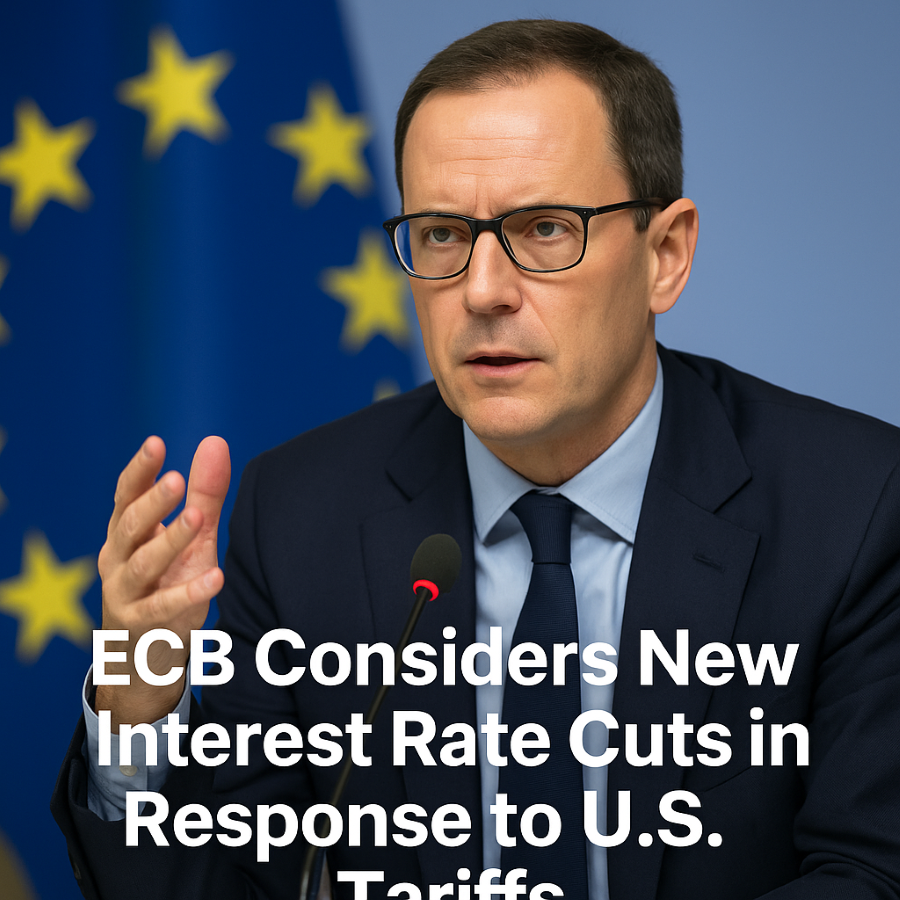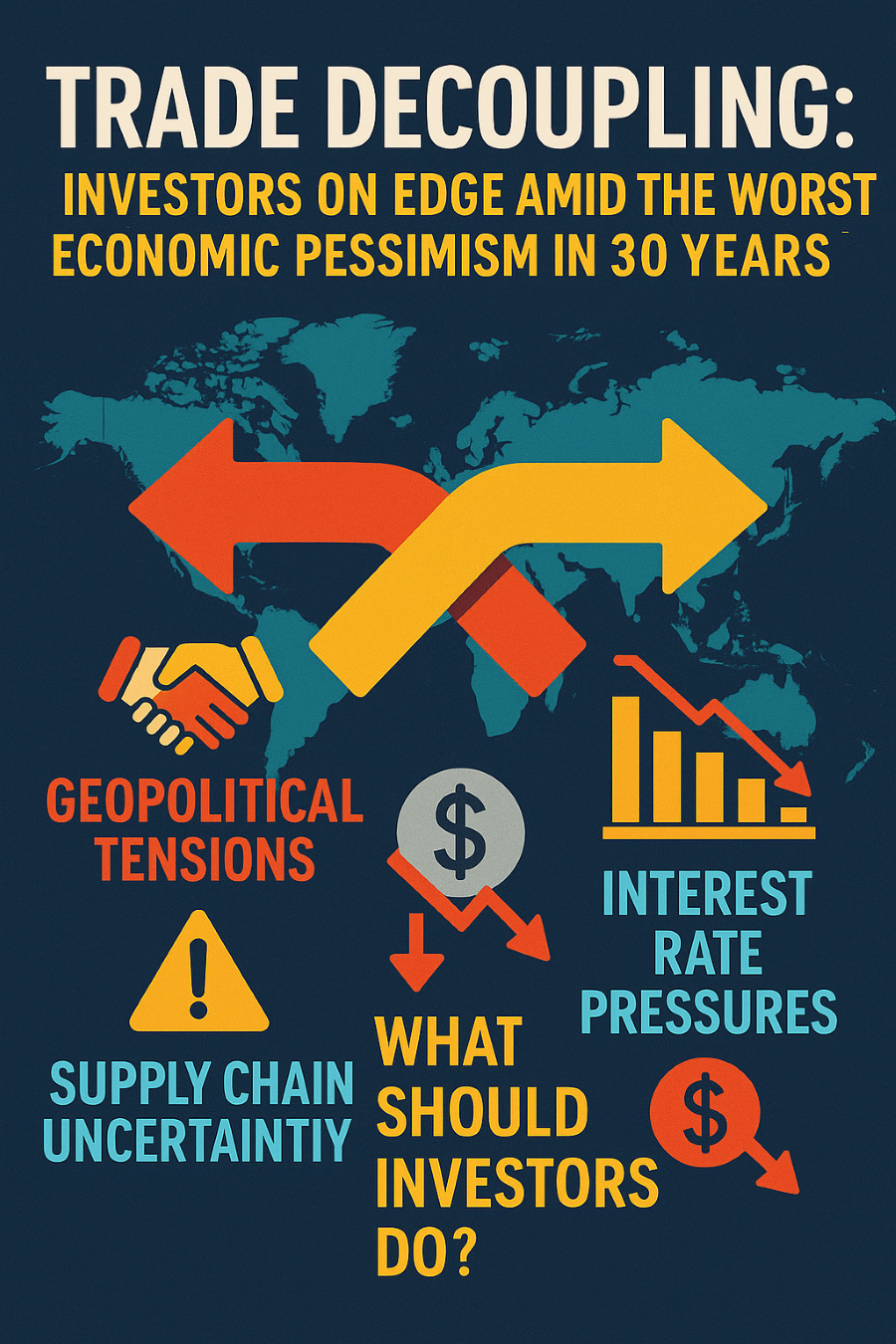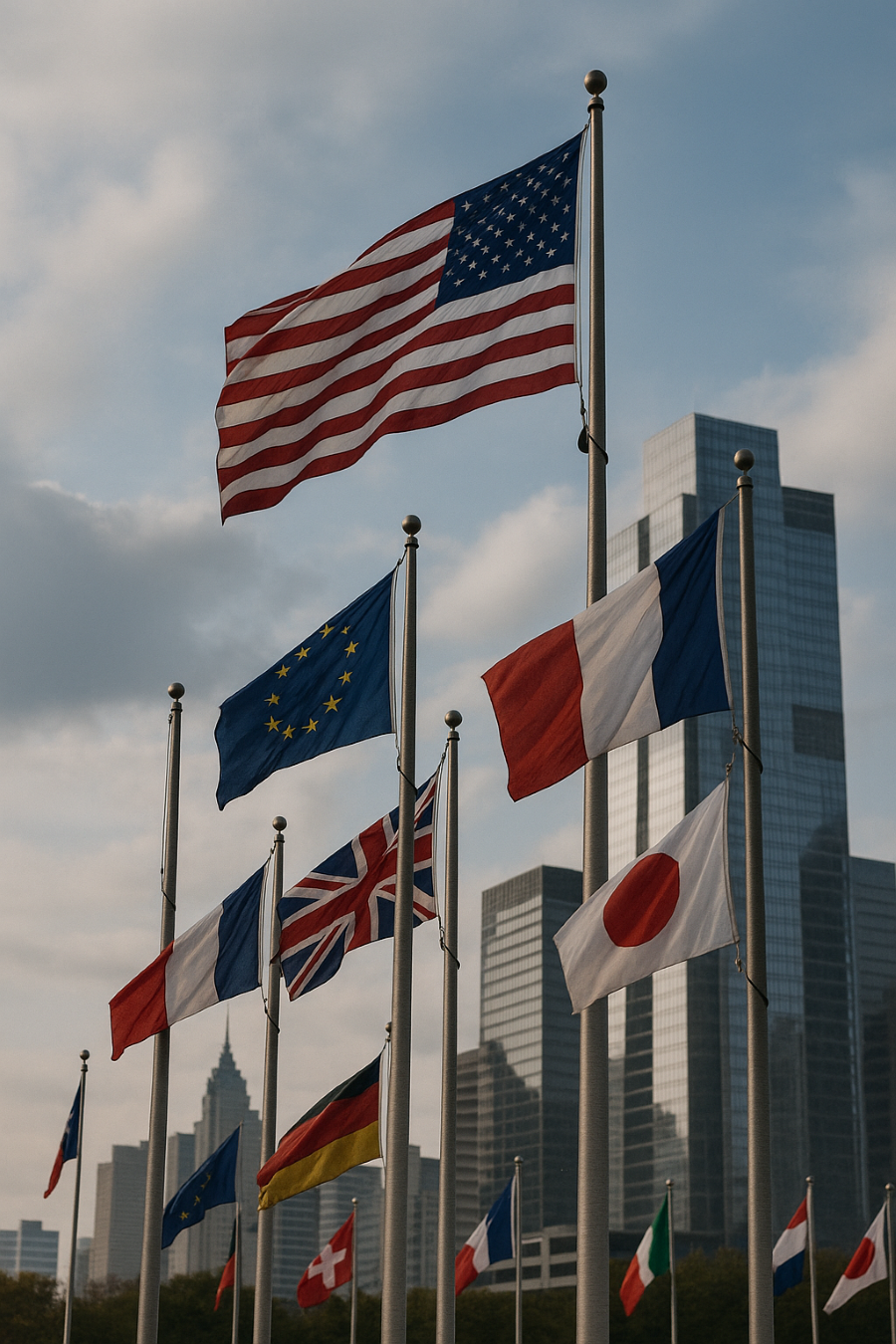In recent years, we’ve witnessed a dramatic shift in the way countries approach international trade and economic cooperation. With rising tensions, protectionist policies, and national-first agendas, many are asking: Is globalization in decline? And if so, what does the rise of economic nationalism mean for individuals, investors, and the global economy?
What Is Economic Nationalism?
Economic nationalism refers to policies that prioritize a country’s own economy above global integration. It includes actions like:
- Imposing tariffs on imports
- Reducing foreign investment
- Strengthening domestic industries
- Limiting global trade agreements
Countries that once embraced open markets are now shifting to more protective stances, driven by the need to preserve jobs, control supply chains, and assert national sovereignty.
Signs That Globalization Is Slowing Down
While globalization isn’t dead, it’s certainly evolving. Key indicators include:
- Supply chain reshoring: Companies are moving production closer to home to avoid geopolitical risks.
- Trade wars: Tensions between the U.S. and China have led to tariffs and export controls.
- Regional trade blocs: Nations are forming smaller alliances (like USMCA and RCEP), focusing on regional cooperation.
- Immigration restrictions: Many countries are tightening borders and rethinking labor migration.
These changes reflect a growing skepticism toward global dependency.
Why Economic Nationalism Is Gaining Momentum
Several factors contribute to this rise:
1. Political Shifts
Populist leaders around the world are gaining support by promoting local jobs and industries.
2. Pandemic Aftershocks
COVID-19 exposed the vulnerabilities of global supply chains, pushing governments to reassert control.
3. Energy and Security Concerns
Global conflicts, such as the war in Ukraine, have shown how economic interdependence can become a weakness.
4. Technological Competition
Nations are fiercely protecting their tech sectors, limiting foreign access and prioritizing innovation at home.
What This Means for the Global Economy
The shift from globalization to economic nationalism affects everyone:
- Consumers may face higher prices due to tariffs and fewer imported goods.
- Businesses could lose access to international markets or face regulatory barriers.
- Investors need to navigate increased volatility and changing trade dynamics.
But these challenges also open the door to new opportunities.
How You Can Adapt as an Individual or Investor
Here are five practical strategies to thrive in this evolving landscape:
- Diversify your investments
Don’t rely solely on international markets—explore domestic sectors with strong growth potential. - Invest in self-reliant industries
Look for companies focused on local manufacturing, infrastructure, and energy independence. - Stay informed on policy shifts
Follow trade regulations, sanctions, and geopolitical updates that affect global trade. - Prioritize skills with local demand
Strengthen your career by focusing on industries that benefit from national policies. - Consider infoproducts and digital assets
As borders close, digital products that solve local problems gain value. Now is the time to monetize your knowledge.
Conclusion: A New Era of Economic Identity
Globalization as we knew it may be changing, but that doesn’t mean the world is closing off. It’s simply redefining its priorities. As individuals and investors, understanding this shift is key to making informed decisions. By staying flexible, educated, and proactive, you can turn uncertainty into opportunity.




